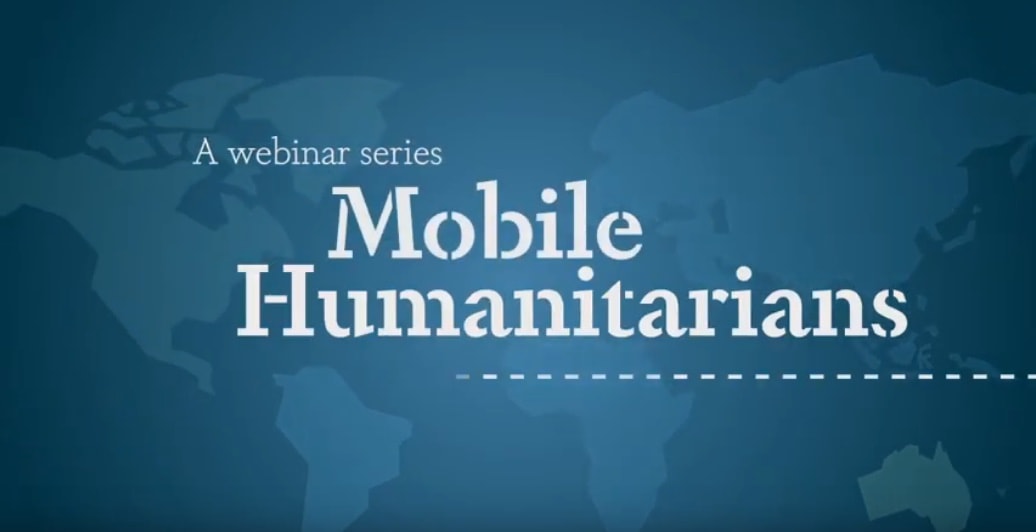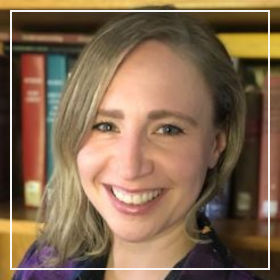This webinar series set out to explore the relationship between mobility and humanitarianism, and our speakers opened up several new areas for thought and discussion. Over four episodes, we’ve explored multiple case studies across space and time, and examined the ethical frameworks as well as the power relationships that have underpinned humanitarianism over seven decades.
In our first episode, Kevin O’Sullivan examined proximity and distance in NGO work in Bangladesh during the 1970s. His paper explored the influx of aid workers to East Pakistan following the devastating Bhola cyclone of 1970 and Bangladeshis’ (often ambivalent) response to their presence. O’Sullivan argues that the mass of Western aid workers, and the infrastructure they required—hotels, jeeps and administrative spaces—created an early iteration of the Aidlands explored by Lisa Smirl. Dhaka’s Aidland grew as Western aid workers set up regional offices in hotels in close proximity to the centres of institutional power. O’Sullivan emphasises that a sense of liminality was essential to Dhaka’s Aidland: aid workers knew they were in ‘the field’ for only a short time, and this knowledge helped structure professional and social lives that were largely separated from Bangladeshi society, in spite of physical proximity.
This seeming contradiction, by which aid workers travel to ‘the field’ yet remain largely separate from it, was picked up by Chika Watanabe in Episode 2. Watanabe draws out the ethical and virtuous associations attached to humanitarian mobility, pointing out that the notion of aid workers crossing distance to place themselves in close proximity with suffering is highly valued in contemporary society. The privilege that renders aid workers into highly mobile professionals can reproduce the ‘politics of inequality’, but as Didier Fassin notes, it also has the potential to become a ‘politics of solidarity’. However, Watanabe’s paper examines the case study of OISCA, a Japanese NGO active in Myanmar, to argue that the language of solidarity and kinship can in fact reproduce the mechanisms of inequality—and are indeed essential to those mechanisms. In her case study, a shared Asian identity and language derived from religious understandings of interconnectedness fostered an institutional culture that stressed equality and “becoming one”, even while retaining deeply hierarchical day-to-day practices that reproduced cultural and gender hierarchies rooted in Japan.
Over four episodes, we’ve explored multiple case studies across space and time, and examined the ethical frameworks as well as the power relationships that have underpinned humanitarianism over seven decades.
In the third episode, Young-sun Hong again touched on these tensions as they played out within the overtly political setting of postwar Korea. In the context of the Cold War, the reconstruction and development of Korea became a site of competition between the Capitalist and Communist blocs. In North Korea during the 1950s, East German development experts expressed political and human solidarity with Koreans embarking on the path towards socialism. But for many, the differences between Germans and Koreans—marked by race, language, and because most German ‘experts’ sent to Korean were male, gender—proved more immediate than political sympathy. A shared investment in socialism had facilitated German mobility towards close proximity with Koreans, but the lived reality of this encounter was too complex to be captured by ideology. As Hong notes, the day-to-day encounters between Germans and Koreans should not be reduced to the political and ideological framework; indeed, the East German presence in North Korea created conflict between the two socialist nations and their distinctive state ideologies, and the complex personal interactions between Germans and Koreans challenged multiple attempts at governance and state control.
In the final episode, Ann-Christin Zuntz explored the lives of Syrian refugees working as farm labourers in Turkey. Using the evocative example of a single orange, Zuntz draws our attention to global supply chains, and the necessary role that cheap and replaceable migrant labour—including refugees—play within contemporary capitalism. COVID-19 lockdowns disrupted global supply chains and had knock-on effects on labour migrants whose lives were marked by precarity. This only served to heighten the significance of labour contractors or intermediaries, whose individual personalities and varying accounting skills had a very real impact on refugees relying on deferred pay or loans to see their family through extended periods of unemployment. In this context, Zuntz found the language of kinship again performed complex work. Some refugee workers in Turkey regarded their intermediaries as benefactors or senior members of their family; and this language was often reciprocated. Yet, again, this language of kinship or solidarity masked very real discrepancies of power in a labour system in which benefits flowed upwards.
Viewing the series as a whole, the papers give us a rare opportunity to see how historians and anthropologists approach themes of mobility and humanitarianism, and personally we’ve learnt a great deal. All four speakers modelled the necessity of working across multiple levels. Each explored fine-grained detail at ground level in order to build our understanding of how global systems work. Agnieszka (a historian) particularly enjoyed the encounter with anthropologists as in her work she stresses the importance of going beyond institutional archives, to trace the impact of humanitarianism and development at the level of communities and individuals. She came away with a renewed respect for anthropologists’ regard for the specificity of their case studies, and the care with which they approach their subjects. Till (an anthropologist) was intrigued by how the two historian speakers dug deep into the archives of humanitarianism, but never lost sight of the geopolitical developments of their era. He thought it was truly magnificent how they analysed and presented individual biographies of mobile humanitarians alongside major ideological competition and conflict.
The papers give us a rare opportunity to see how historians and anthropologists approach themes of mobility and humanitarianism.
We were also interested in how the four scholars in our episodes approached their positionality as academics studying humanitarianism. Scholars have critiqued the unequal power structures inherent in humanitarianism, but few have been forthcoming in reflecting that so much academic work replicates and builds upon the very same power dynamics. Western scholars are also privileged actors, flying into ‘the field’ for short periods to gather the raw materials—data or archival sources—before flying out again. Our mobility is but one symbol of our privilege, and scholars in the Global South have long complained of Western academics who fly in, gather the hard-won insights and intellectual labour of local scholars and aid workers, as well as community leaders and other actors, only to disappear without a trace—until their research is published under their names alone. Several of this webinar’s speakers noted their own sense of liminality; they were drawn into the aid ‘bubble’ in the course of research, while trying to remain separate from it to retain critical distance. Perhaps Ann-Christin Zuntz addressed it most overtly, pointing to emerging models of collaborative scholarship involving long-term partnerships and co-authored outputs with scholars from the Global South. We found the generosity and sophistication with which this series’ speakers addressed these questions to be a real highlight of the discussions; and we feel privileged to have been part of these discussions.





